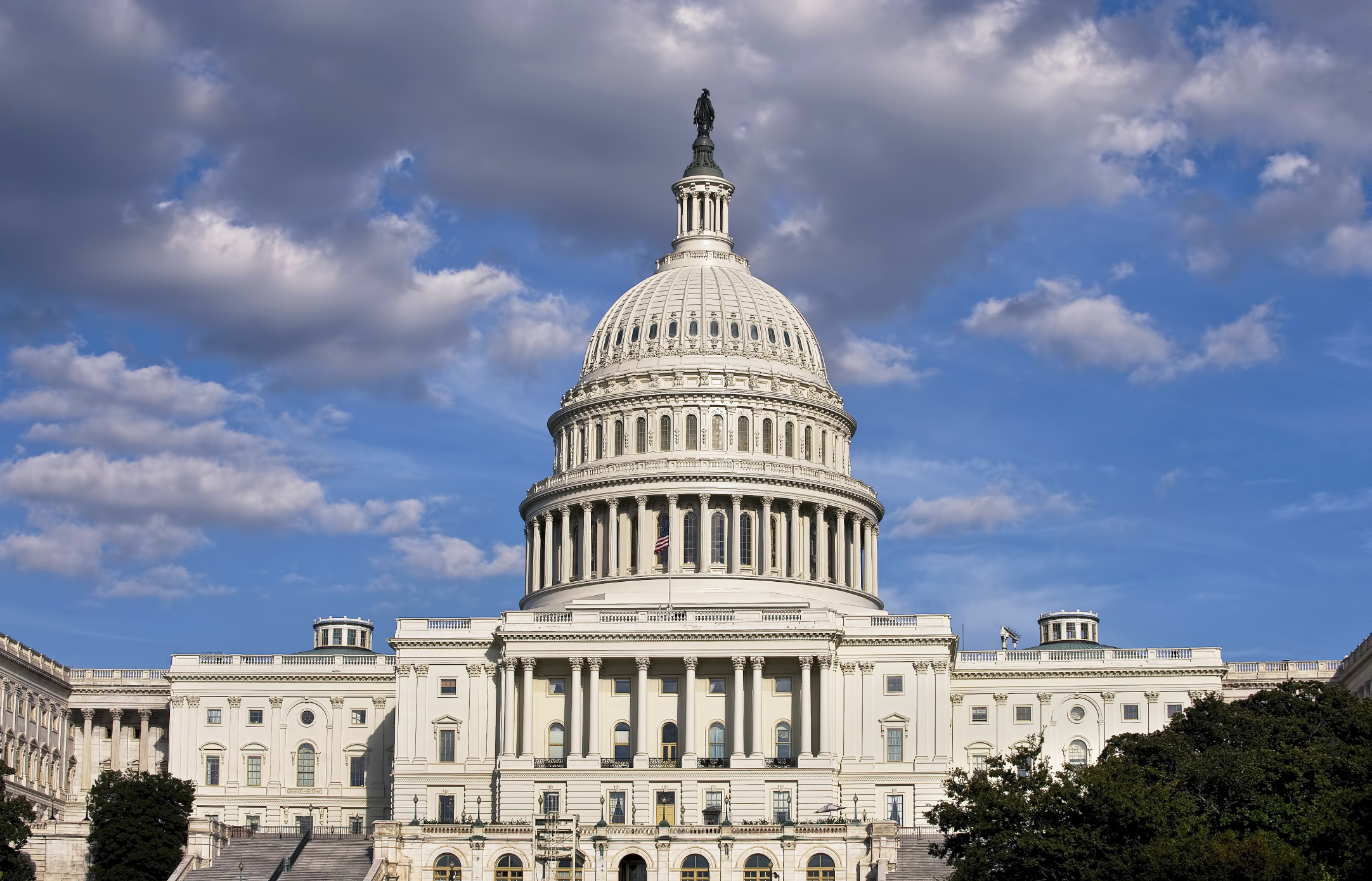
Peter H. Schuck’s recent book analyzes the effectiveness of federal domestic policies in the United States.
“Can the government ever get anything right?” This question captures a sentiment commonly heard in America today – especially during the current presidential election cycle.
Government has many critics these days, including politicians, pundits, and the public alike. With concerns ranging from financial regulation to gun control and the criminal law system, many people from both sides of the ideological divide believe that the government is ineffective at solving today’s most important problems – and some even claim that it makes certain things worse.
An analysis of governmental ineffectiveness lies at the heart of Peter H. Schuck’s recent book, Why Government Fails So Often: And How It Can Do Better. In it, Schuck, the Simeon E. Baldwin Professor of Law at Yale University, assesses government performance across a variety of policy arenas, including regulation. In seeking to explain what he characterizes as pervasive government failure, Schuck also acknowledges that government sometimes succeeds, and he considers what distinguishes the successes from the failures.
In this series, The Regulatory Review highlights Schuck’s important argument about government failure. After Schuck’s opening summation, The Regulatory Review will feature new responses to his book from a half dozen distinguished commentators, closing with Schuck’s response to the commentaries. The commentaries in this series have all been prepared by scholars who participated in an earlier workshop around Schuck’s book that was organized by Nicole Stelle Garnett, the John P. Murphy Foundation Professor of Law at the University of Notre Dame.
We hope that, by drawing attention to Schuck’s analysis, we will help readers understand better why domestic policy is not always successful and what can be done to make government work better.
Understanding Government Failure
January 5, 2016 | Peter H. Schuck
Public discontent over many of the federal government’s domestic policy efforts has reached alarming proportions. In my recent book, Why Government Fails So Often: And How It Can Do Better, I entertain a number of possible causal explanations, but I focus on the most straightforward one: across many different policy domains, the public perceives poor governmental performance – and generally speaking, the public is correct in this view.
The Elusive Quest for Government “Success”
January 6, 2016 | Nicole Stelle Garnett
Peter Schuck’s recent book, Why Government Fails So Often: And How It Can Do Better, is a scholarly tour de force. With each page, Schuck delivers blow after devastating blow to any hope that government programs hold the solutions to society’s major domestic problems. He demonstrates clearly the when, how, and why of government failure. When? Almost always. How? Let me count the ways. Why? Don’t get me started.
If It Doesn’t Work, Maybe Someone Wants It That Way
January 7, 2016 | Kay Lehman Schlozman
The title of Peter Schuck’s brilliant and dense new book makes clear its guiding question: Why does government fail so often? As I read it, I kept wondering whether this tour de force is about why government fails so often. Or is it about why democratic government fails so often? Or is it about why American government fails so often? I finished reading convinced that Schuck’s analysis is about failures of American government.
Because It’s Hard
January 11, 2016 | Cary Coglianese
Peter Schuck’s recent book offers a masterfully rich, highly readable catalog of many explanations for why U.S. federal government programs can fail. The obstacles confronting government, Schuck says, are “systemic” and “deeply embedded.” But we should be realistic about what government is up against when taking on even its most widely accepted tasks…Government’s work is rarely easy.
Does Government Really “Fail” That Often?
January 12, 2016 | Bruce Huber
Peter Schuck’s Why Government Fails So Often is an important and engaging book that will reward (although perhaps also discourage) its readers with numerous insights into the design, operation, and dysfunction of American public policy. The book’s remarkable breadth is one of its most distinctive virtues. As for its tone and title, I am more circumspect.
The Success of Failure
January 13, 2016 | R. Shep Melnick
In so many ways, Peter Schuck’s Why Government Fails So Often is an extraordinary book. Schuck is neither an anti-government conservative intent upon showing that “nothing works,” nor a pro-government, anti-market liberal who looks at the policy world through rose-colored glasses. His book is, above all, a friendly warning to the left that poorly structured programs discredit government, squandering precious social resources and political capital.
The Grand Canyon and the Limits of the Law
January 14, 2016 | John Nagle
In book filled with so many examples and powerful arguments, I find myself drawn to one reference – made in passing – to the Grand Canyon. “The law designating parts of the Grand Canyon as a national park,” Schuck writes, “transformed it from an awesome natural panorama into an object of administration.” Two aspects of that statement intrigue me.
Coda
January 14, 2016 | Peter H. Schuck
Peter H. Schuck responds to the commentaries presented in the preceding The Regulatory Review series organized around his recent book, Why Government Fails So Often: And How It Can Do Better.



